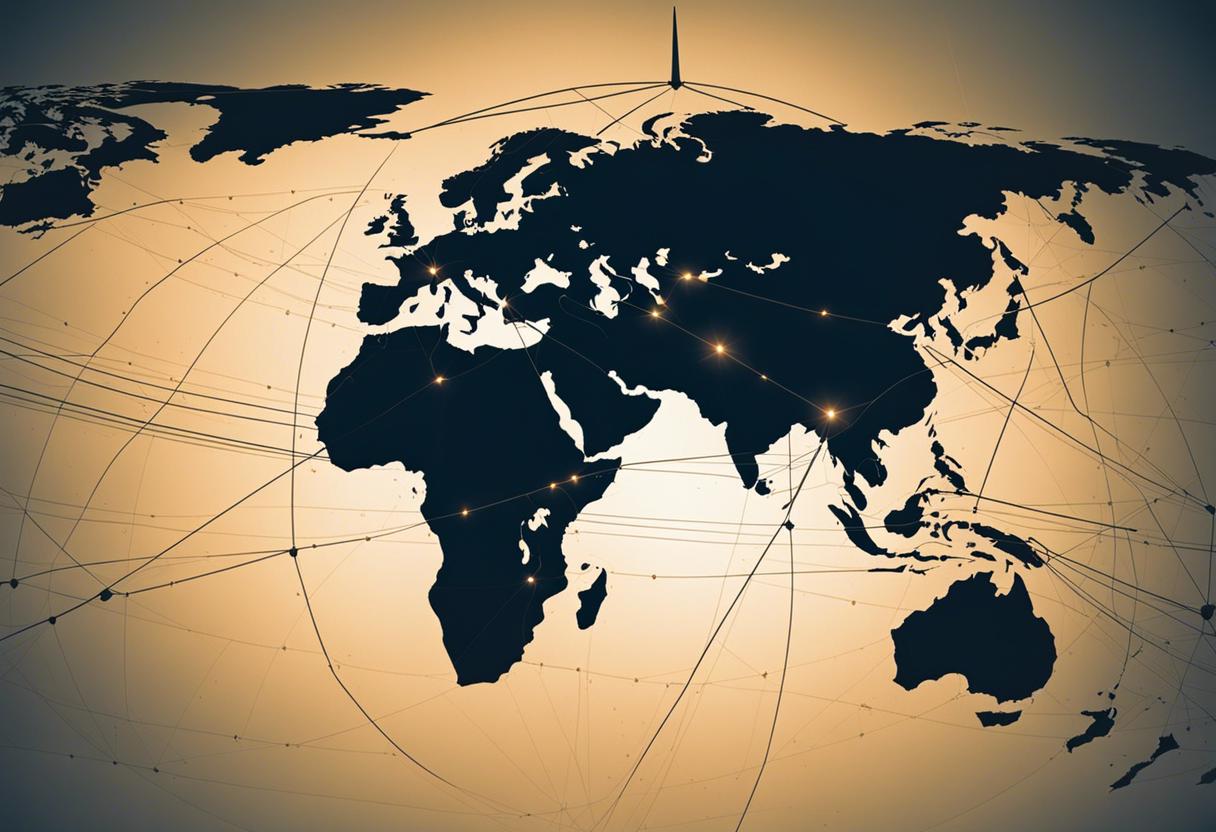The Government has been using the party whip this week to speed up resolutions through the Oireachtas, enabling Ireland to join the EU migration pact. Observers may find it interesting that these motions were purposefully delayed until after the recent local and European Parliament elections, wherein voters ideally should have been considering EU affairs. The timing was likely deliberate to keep the migration pact separate from the immediate political dialogue.
Similarly, the decision on the EU nature restoration law was held off at the EU Council stage until the political arena was free of elections, making it simpler for its supporters to sidestep unpopularity. As expected, it was expeditiously passed via a qualified majority vote once this period was over.
Political strategies like this are commonplace. In the matter of nature restoration law, no significant short-term negative effect for Ireland can be identified. With acres of unused Irish land, there is room for nature restoration, afforestation, and biodiversity efforts. These are crucial issues that require priority attention.
However, I take exception to the EU migration pact. Ever since taking charge of asylum and migration-related matters, the EU has shown a lack of expertise. The issue of rampant asylum serving as a guise for economic migration requires a more extreme reaction than what the EU has tried so far.
While some believe it’s too late to address the asylum issue, I contend that the pact will only amplify a problem that needs to be confronted at its root.
Unless the EU as a whole acknowledges that the present international conventions for asylum seekers are incapable of handling mass economic migration, and that the post WWII system designed to protect genuine victims of state persecution cannot cope with global migration stemming from war, poverty and climate change, the EU will fail to rise to these challenges.
The Irish public understands the factors at play. They realise that our social and economic prosperity relies on migration. They appreciate that the right to migrate within the EU for economic activity not only exists but is beneficial across the board. They are aware that our current economic prosperity relies largely on inward migration.
People are looking to our government to handle both non-EU migration and migration according to our requirements and abilities in a balanced and efficient manner. In a letter to the editor regarding Ireland and the EU migration pact, the discrepancy between a well-regulated migration policy and disorganized asylum seeking was addressed. In Ireland, those applying for migration visas are not promissed indefinite free lodging, employment, equivalent welfare rights, or the right to bring their families and stay permanently.
However, asylum seekers who are recognized as refugees theoretically qualify for most of these benefits. They also have the right to remain temporarily during the lengthy and complicated adjudicative processes and can exercise their right to judicial review in higher Irish courts to contest recognition rejection.
With the government’s admission of roughly 30,000 asylum claims per year, the question of why Ireland is chosen as a prime location for such claims remains. Considering the immense strain on our legal, administrative, and housing resources, it is also questionable whether we can manage these large numbers. A system like ours cannot comfortably sustain this level of uncontrolled migration.
Moreover, whether a person from Georgia or the Philippines has a higher chance of getting permission to come to work in Ireland as a visa applicant or an asylum seeker remains a question. The proposed EU migration pact, projected for implementation in November, includes accelerated procedures for examining asylum applications. Yet in Ireland, this will largely be a façade. Talk of government procurement of deportation flight operators suggests a return to the ineffective and costly deportation flights of two decades ago, which were often hindered by last-minute injunctions.
A fresh component of the migration pact is the enforcement of compulsory duties on EU member states to share migration flows, penalised with financial consequences that can be increased through majority vote. This could potentially harm the EU’s cohesion and gives ammunition to extremist right-wing factions. Furthermore, whether Ireland can cope with the pact is dubious, especially considering the need for new legislation that, most likely, won’t be enacted until after the upcoming elections. Is anyone really surprised?

